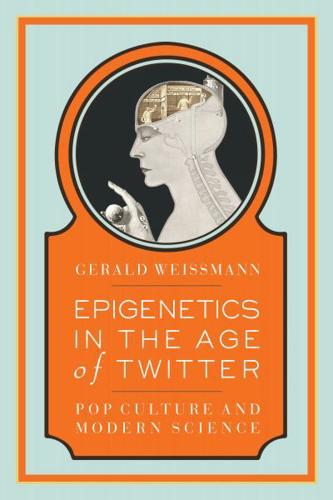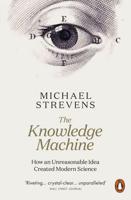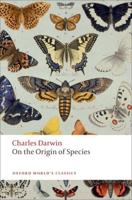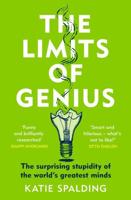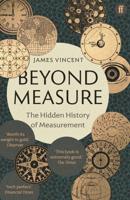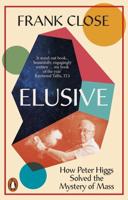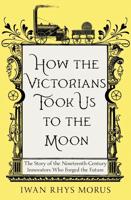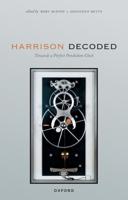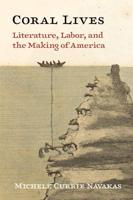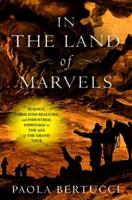Publisher's Synopsis
"America's most interesting and important essayist." -Eric Kandel, Nobel Prize-winning author of The Age of Insight
"[Gerald Weissmann] bridges the space between science and the humanities, and particularly between medicine and the muses, with wit, erudition, and, most important, wisdom." -Adam Gopnik
Epigenetics, which attempts to explain how our genes respond to our environment, is the latest twist on the historic nature vs. nurture debate. In addressing this and other controversies in contemporary science, Gerald Weissmann taps what he calls "the social network of Western Civilization," including the many neglected women of science: from the martyred Hypatia of Alexandria, the first woman scientist, to the Nobel laureates Marie Curie, Christiane Nüsslein-Volhard, and Elizabeth Blackburn, among other luminaries in the field. Always instructive and often hilarious, this is a one-volume introduction to modern biology, viewed through the lens of contemporary mass media and the longer historical tradition of the Scientific Revolution. Whether engaging in the healthcare debate or imagining the future prose styling of the scientific research paper in the age of Twitter, Weissmann proves himself as an incisive cultural critic and satirist.
Gerald Weissmann (August 7, 1930 - July 10, 2019) was a physician, scientist, editor, and essayist whose collections include The Fevers of Reason: New and Selected Essays; Epigenetics in the Age of Twitter: Pop Culture and Modern Science; Mortal and Immortal DNA: Science and the Lure of Myth; and Galileo's Gout: Science in an Age of Endarkenment.


